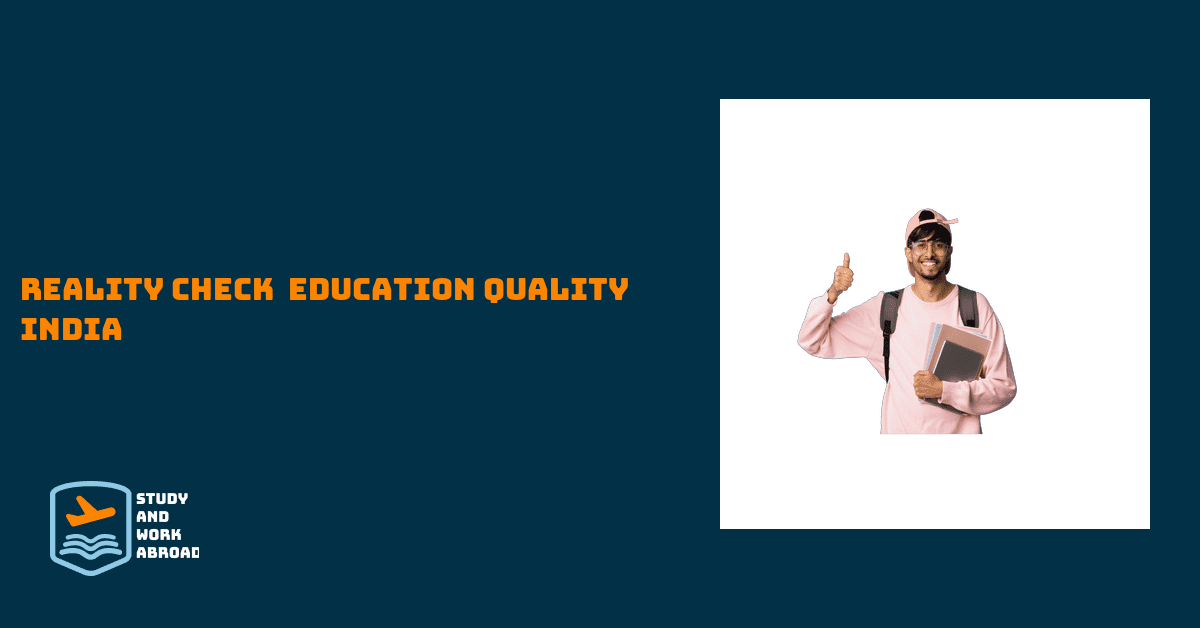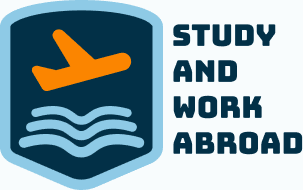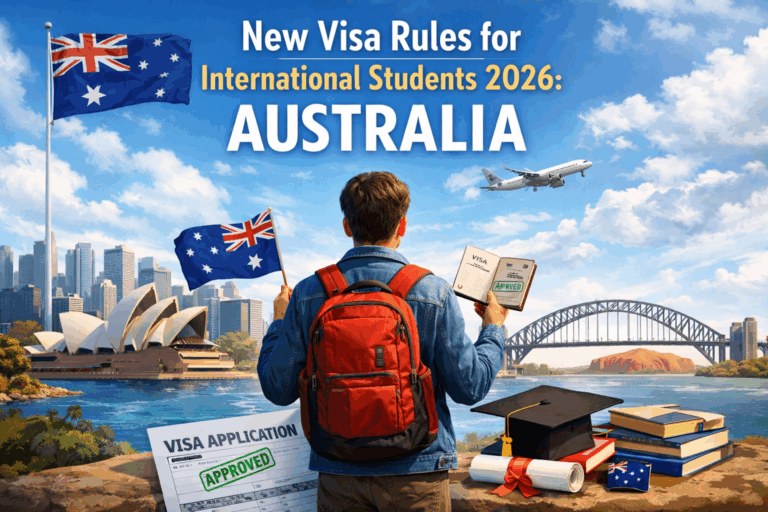Call Us:+91-9920234749, +91-9833420909 info@studyandworkabroad.in

Reality Check – Education Quality India
India stands as the world’s second-largest population of higher education students, and is expected to surpass China by the next decade. There is a forecast that by 2025, India will have the world’s largest population of college-aged students – approx. 119 million. The Indian government continues to send signals of an increasing focus on quality in the country’s higher education system.
Higher education enrollment in India has exploded over the past decade, and doubled from 14 million to 28 million students between 2007 and 2013 alone. This expansion of higher education has been a key focus: more than half of India’s massive population (1.3 billion + people) is under the age of 25 and it is projected to be one of the world’s youngest countries by 2020.
Even with all of that progress in opening up access to education, however, India has a quality problem. Very few institutions are globally ranked, there is a chronic shortage of qualified faculty, quality assurance systems are underdeveloped, curricula and teaching practices are outdated, and, harking back to the shortage of instructors, student-teacher ratios are high. Due to these reasons the international overseas education market has been booming. More and more Indian students are looking at global education in countries such as New Zealand, Australia, USA, Canada and Europe. Indian higher education is operating under tremendous pressure at the moment. It is trying to keep pace with the dramatic and continuing growth in enrollment and the government aims to create millions more university spaces through 2020 – even as it faces increasing pressure to modernize, expand research activity, and improve student employment outcomes.
Indian students who pursue their education abroad are purely on the basis of migrating to that country. Statistics show that a very large proportion of students from India — and other Asian countries — choose to stay in the U.S, UK, Canada, Australia & New Zealand following the completion of their degrees. The reasons for migration can be due to various reasons such as better salaries and facilities abroad, easier access to research funds, working on cutting-edge topics and many others are part of the mix. Once established overseas, either in a university or in the research or corporate sectors, it is difficult to return.



